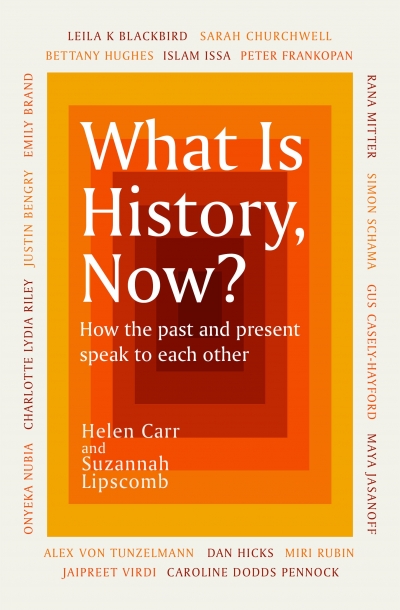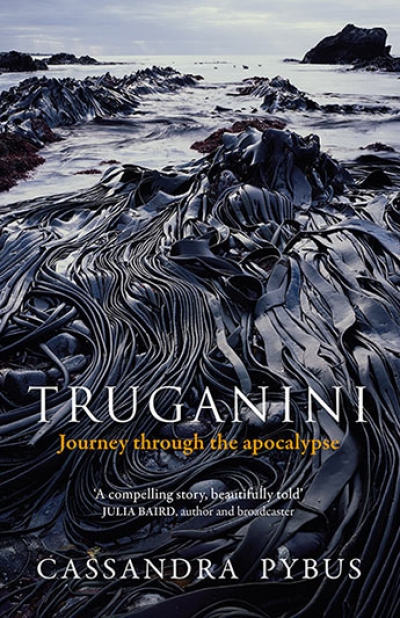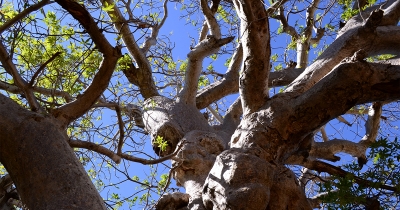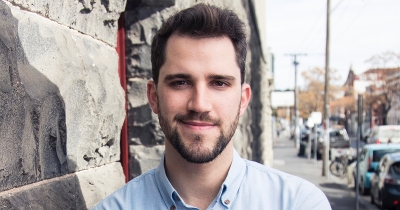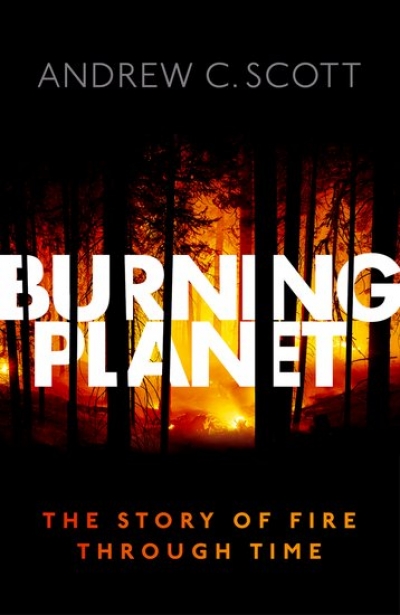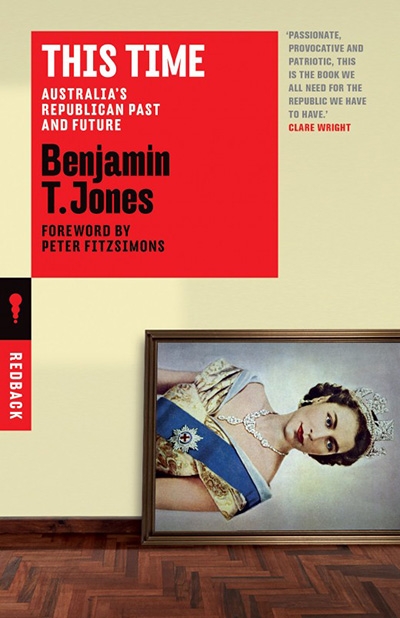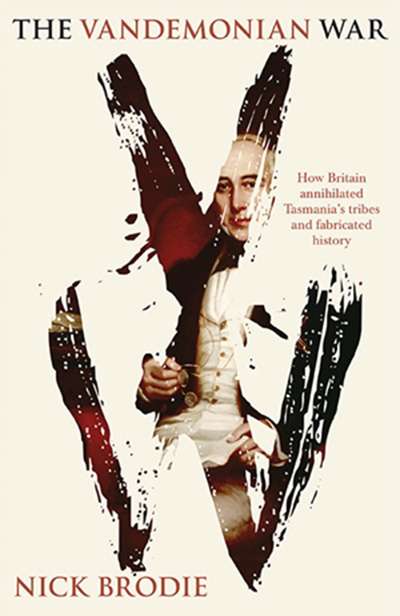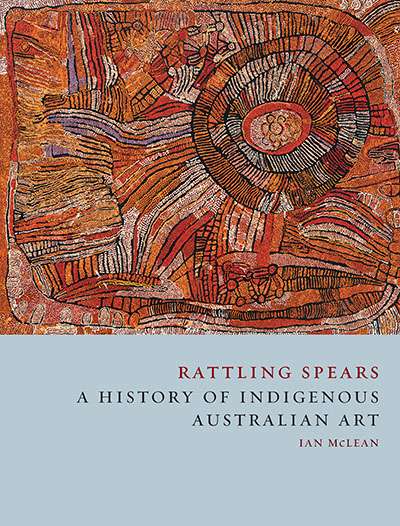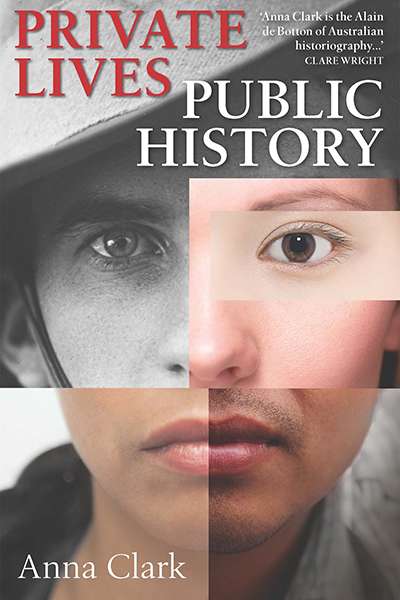Billy Griffiths

Billy Griffiths is an Australian writer and historian. His latest book, Deep Time Dreaming: Uncovering Ancient Australia (Black Inc., 2018), won the Ernest Scott Prize, the Felicia A. Holton Book Award, the John Mulvaney Book Award, the Douglas Stewart Prize for Non-Fiction and the 2019 Book of the Year at the NSW Premier’s Literary Awards. He lectures in Cultural Heritage and Museum Studies at Deakin University in Melbourne.
Listen to this review read by the author.
Truganini: Journey through the apocalypse follows the life of the strong Nuenonne woman who lived through the dramatic upheavals of invasion and dispossession and became known around the world as the so-called ‘last Tasmanian’. But the figure at the heart of this book is George Augustus Robinson, the self-styled missionary and chronicler who was cha ... (read more)
At first I can’t make out the inscription, even though I’m searching for it. Smooth new bark has grown into the cuts, bulging around the incision, preserving the words on the trunk. I run my hand across the surface, tracing the grooves, feeling the letters: R-E-T-R-I-B-U-T-I-O-N. And below, in slightly larger hand, ‘CAMP’.
We are in the boab belt, the ‘western wilds’ of the Victoria R ... (read more)
This year, the Australian bushfire season began in winter. A long, dry summer – the warmest on record – lingered into and then beyond autumn. By spring, more than one hundred uncontrolled fires were raging across the eastern seaboard, reaching into ecological regions unfamiliar with flame. It is alarming how routine such record-breaking extremes have become, and how readily, in political state ... (read more)
A few years ago I walked through a burning landscape with a young archaeobotanist, Xavier. We were in Arnhem Land, and the local Indigenous landowners had lit a low-intensity fire – a cool burn – to encourage new growth and reduce the fuel load around nearby settlements. The newly blackened landscape looked clean, even beautiful.
... (read more)
In the lead-up to the 1999 republic referendum, historian John Hirst published a short guide to Australian democracy and law. ‘This is not a textbook,’ he wrote in the preface; rather, he intended it to be a ‘painless introduction’ to the system of government that had formed in this country under the British monarchy. He did not hide his republican tendencies: ‘The book will still have s ... (read more)
Nick Brodie, a medievalist and ‘professional history nerd’, enjoys writing in a revelatory tone. His latest book, The Vandemonian War: The secret history of Britain’s Tasmanian invasion, claims to unveil ‘for the first time’ the ‘real story’ of the Tasmanian conflict in the 1820s and 1830s known as the Black War or the Vandemonian War. It is an argument against the generations of his ... (read more)
This beautifully illustrated book explores the ways in which Indigenous Australians have responded to invasion through art. ‘Where colonists saw a gulf,’ writes art historian Ian McLean, ‘Aborigines saw bridges. They didn’t hesitate to be modern, but on their terms.’
The tension between old and new, tradition and modernity, is evoked in the image of the rattling spears in the title. Bef ... (read more)
David Unaipon's Legendary Tales of the Australian Aborigines is part of the classical culture of Australia. The collection is as varied in subject as it is ambitious in scope, ranging from ethnographic essays on sport, hunting, fishing and witchcraft to the legends of ancestral beings who transformed the landscape in the Dreaming. The stories are unified by the voice of Unaipon, Australia's first ... (read more)
What do we talk about when we talk about history? This is a question that Anna Clark has devoted her career to answering. She has followed the conversations Australians have about history into museums and universities – The History Wars (2003) and Australian History Now! (2013) – and classrooms and staffrooms – Teaching the Nation (2006) and History's Children (2008). With Private Lives, Pub ... (read more)

